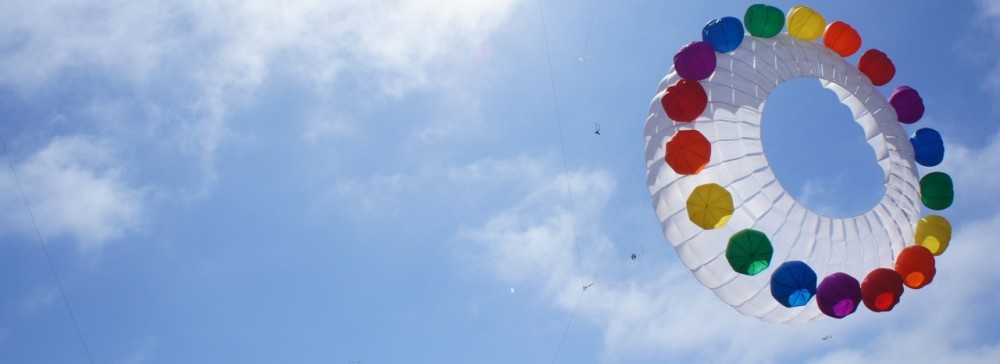 I’m sitting inside on this gray rainy Oakland, CA day flipping between Firefox browser tabs. One tab is Mozilla’s HR web portal where I am filing a “Qualifying Life Event” form to add my domestic partner, Nina, to my benefits plan. The other is a news feed about our new CEO, Brendan Eich. Another tab holds Facebook, where I’m putting up a defense against a load of vitriol aimed at Mozilla in my own news feed. I find myself in the bizarre position of defending a company led by a man who donated to support a campaign that hurt me and my family.
I’m sitting inside on this gray rainy Oakland, CA day flipping between Firefox browser tabs. One tab is Mozilla’s HR web portal where I am filing a “Qualifying Life Event” form to add my domestic partner, Nina, to my benefits plan. The other is a news feed about our new CEO, Brendan Eich. Another tab holds Facebook, where I’m putting up a defense against a load of vitriol aimed at Mozilla in my own news feed. I find myself in the bizarre position of defending a company led by a man who donated to support a campaign that hurt me and my family.
In 2004, 13 states (including my home state of Ohio) voted “yes” to define marriage as between one man and one woman. A heavy sense of hopelessness settled in the hearts of many LGBT Americans who felt their neighbors had banished their families to second class status. We grieved, got angry, and then we got organized. In 2005 I co-founded Equality Ohio and for several years toiled next to some of the most hard-working LGBT activists in the world. On the day DOMA and Proposition 8 were nullified in 2013, I was lucky to be in a room with organizer friends. We hugged and cried tears of joy. It’s a very rare thing to experience any real victories in a lifetime of movement building.
There is no stopping the train. Right now over 38% of the U.S. population lives in a state that either has the freedom to marry or honors out-of-state marriages of same-sex couples. Anti-equality donors are unnecessarily prolonging the suffering of some LGBT people, but there is no doubt that the arc of history is bending toward equality. The firestorm raging right now over Eich’s appointment is a testament to how scorned his position on marriage is. Personal beliefs against equal rights for LGBT people and families will be ground to dust under the weight of goodness and love sooner rather than later.
Today, there is another nascent movement that I think is so important that I decided to roll up my sleeves and help get it off the ground.
The fundamental human rights to privacy and freedom are threatened by massive corporate and government investments in tracking and mining our data while we use the web. This web that we rely on so much — that is in our pockets and inside our homes and in front of our kids — is becoming less trustworthy. If we don’t turn things around, the future of our global, connected world is at risk.
Mozilla’s mission and manifesto are explicitly apolitical. We don’t take sides on any political issues in any country, except to stand up for the open web. Thanks to Snowden’s release of NSA documents, people are angry, and now it’s time to get organized. Mozilla is the right organization to lead this movement because we are a nonprofit with a mission to build the web the world needs, not the web that will make Mozilla the most money. Our products give users choices and protect privacy. We are different by design and “doing good is part of our code” is not an empty platitude. Mozilla does do real good. We know how to protect and save the web; the world’s largest global resource. We’ve been doing it for 15 years under the leadership of early volunteers and founders Mitchell Baker and Brendan Eich.
I work at a place that requires a commitment to openness, privacy, and equality, but not an allegiance to a particular political goal. That is how Mozilla has been able to build a huge, diverse, global community focused on one important mission.
Unfortunately to much of the world, our mission is poorly understood. The world doesn’t yet realize that it needs Mozilla more than ever. That’s because we’ve been pretty terrible at telling our story. We have done a poor job of helping the world understand there are very real threats to our web and that we overcome those threats through openness, corporate and government accountability, and user choice — all things Mozilla stands for. That is why it’s painful to watch Brendan Eich’s actions against same-sex marriage define who Mozilla is. That void is now being filled by this and this and this.
I am both an LGBT activist and a Mozillian. Brendan’s actions against marriage equality make me sad and angry, but ultimately they have had no real bearing on the good work happening at Mozilla. I believe in what Mozilla is doing so strongly, that I am excited to be collaborating with people who don’t necessarily share my beliefs, including Brendan. I have been a part of many organizations who have tried and failed to set aside differing and diverse beliefs in order to come together around an important and common cause. Mozilla comes closest, by far. It’s what makes Mozilla incredibly special.
That is our story. Mozilla is about coming together and getting organized to save the open web, not about Brendan Eich’s (losing) political battles. That’s what the world needs to know.

 Another example:
Another example: 